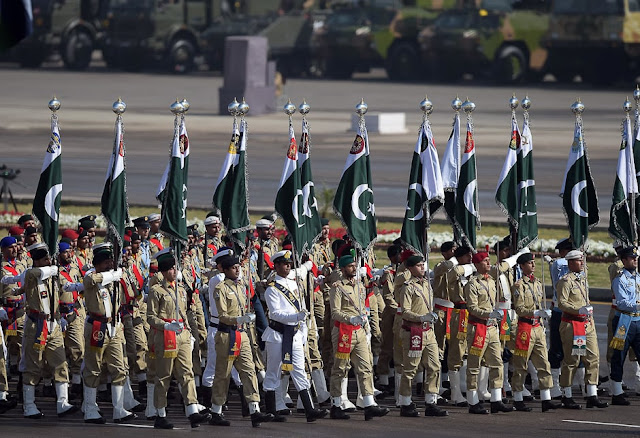ARMY OFFICERS:
Of course! Here is some general information about Army officers:
Roles and Responsibilities:
1. Leadership:
Army officers lead and manage soldiers in various missions and assignments. They are responsible for the welfare, training, and discipline of the soldiers under their command.
2. Strategy and Planning:
Officers are involved in planning and executing military operations. You develop strategy, plan logistics, and coordinate efforts with other units.
3. Administration:
You perform administrative tasks such as managing personnel files, equipment, and supplies.
4. Training:
Officers direct and oversee training programs to ensure Soldiers are fully prepared for the mission. Ranks and Structure .
1. Non-Commissioned Officers:
These officers serve on a commission from the President or a sovereign authority. Your ranks include:
- Lieutenant
- First Lieutenant
- Captain
- Lieutenant Colonel
- Colonel
- Brigadier General
- Major General
- Lieutenant General
- General (5-star rank, rarely used)
2. Non-Commissioned Officers (NCOs):
These are soldiers who have been promoted through the ranks.
NCOs include: -
- Sergeant
- Staff Sergeant
- First Sergeant
- Master Sergeant
- First Sergeant
- Sergeant Major
- Command Sergeant Major
Training and Education :
Military Academy:
Many officers are graduates of military academies such as West Point in the United States, where they receive four years of education and training.
Officer Candidate School (OCS):
This is another path through which NCOs and civilians can train to become officers.
Advanced Courses:
Officers attend a variety of advanced courses throughout their careers to improve their skills in leadership, strategy, and specific areas of expertise. Branches and Specialties Officers can serve in a variety of
branches and specialties including: -
Infantry
- Tank
- Artillery
- Aviation
- Engineering
- Medical Corps
- Signal Corps
- Military Intelligence
- Military Police
- Special Forces
- Career Development
First Assignment:
New officers typically start as platoon leaders or other subordinate roles.
Mid-level:
They advance to company leadership positions or staff roles.
High-level Leadership Positions:
Experienced officers can command high-level battalions, brigades, and units, or serve in senior command staff positions.
General Officer:
The highest rank is given to those who command large units or hold the military's highest-ranking staff positions.
Non-combat responsibilities :
Peacekeeping:
In addition to combat duties, officers often participate in peacekeeping missions.
Humanitarian Assistance:
They may also be involved in providing humanitarian assistance and disaster relief.
Training and Advising:
Officers often train and advise foreign militaries. Army officers play a vital role in the defense and security of their country, which requires a combination of leadership skills, strategic thinking, and technical expertise.






0 Comments